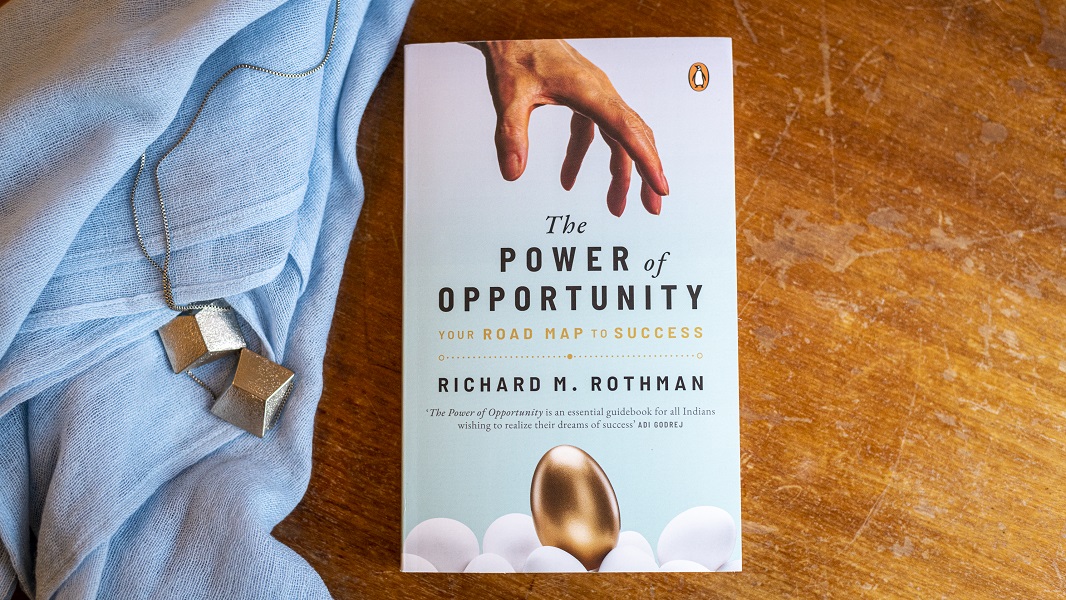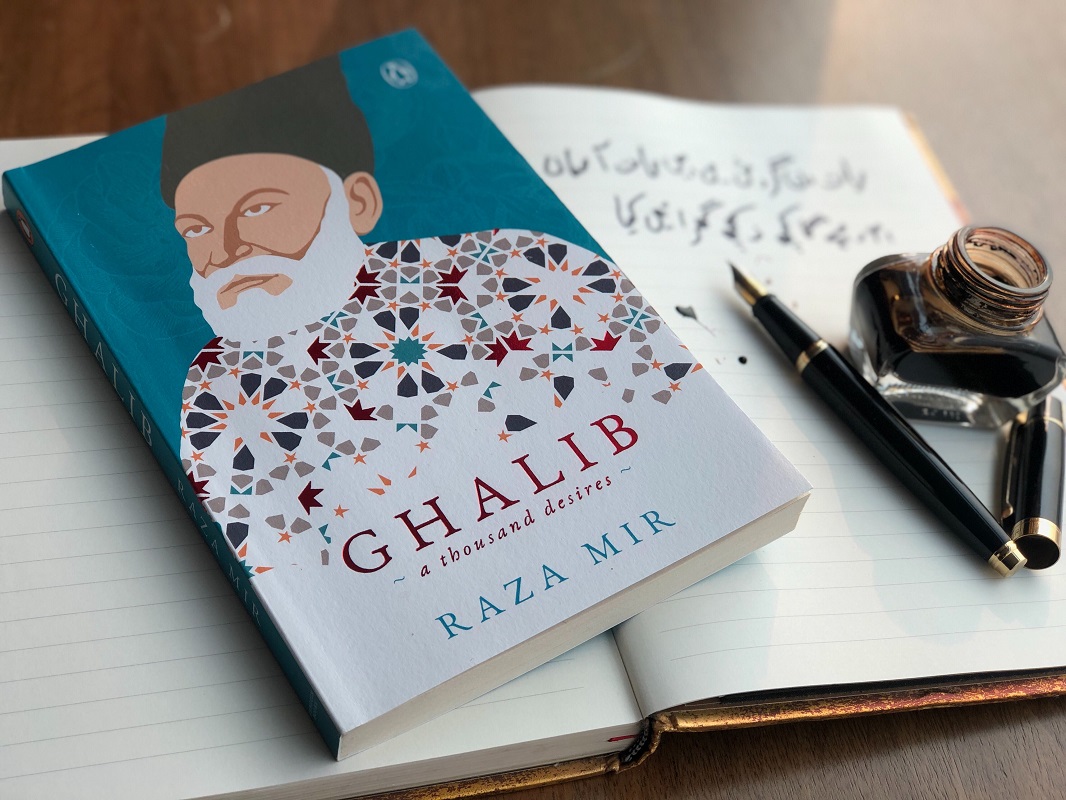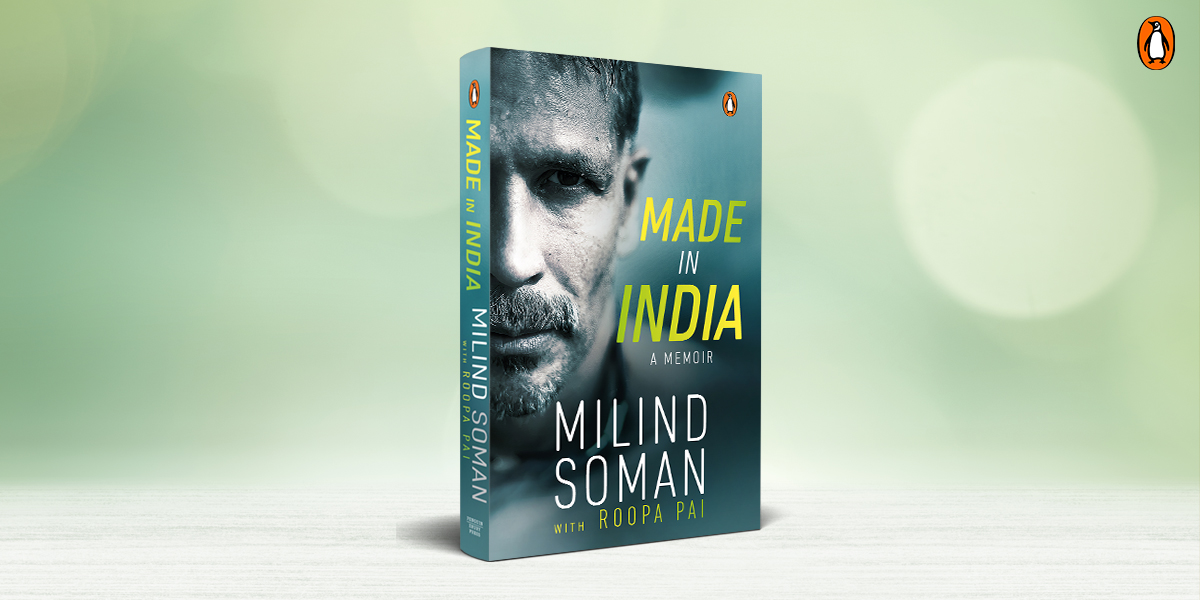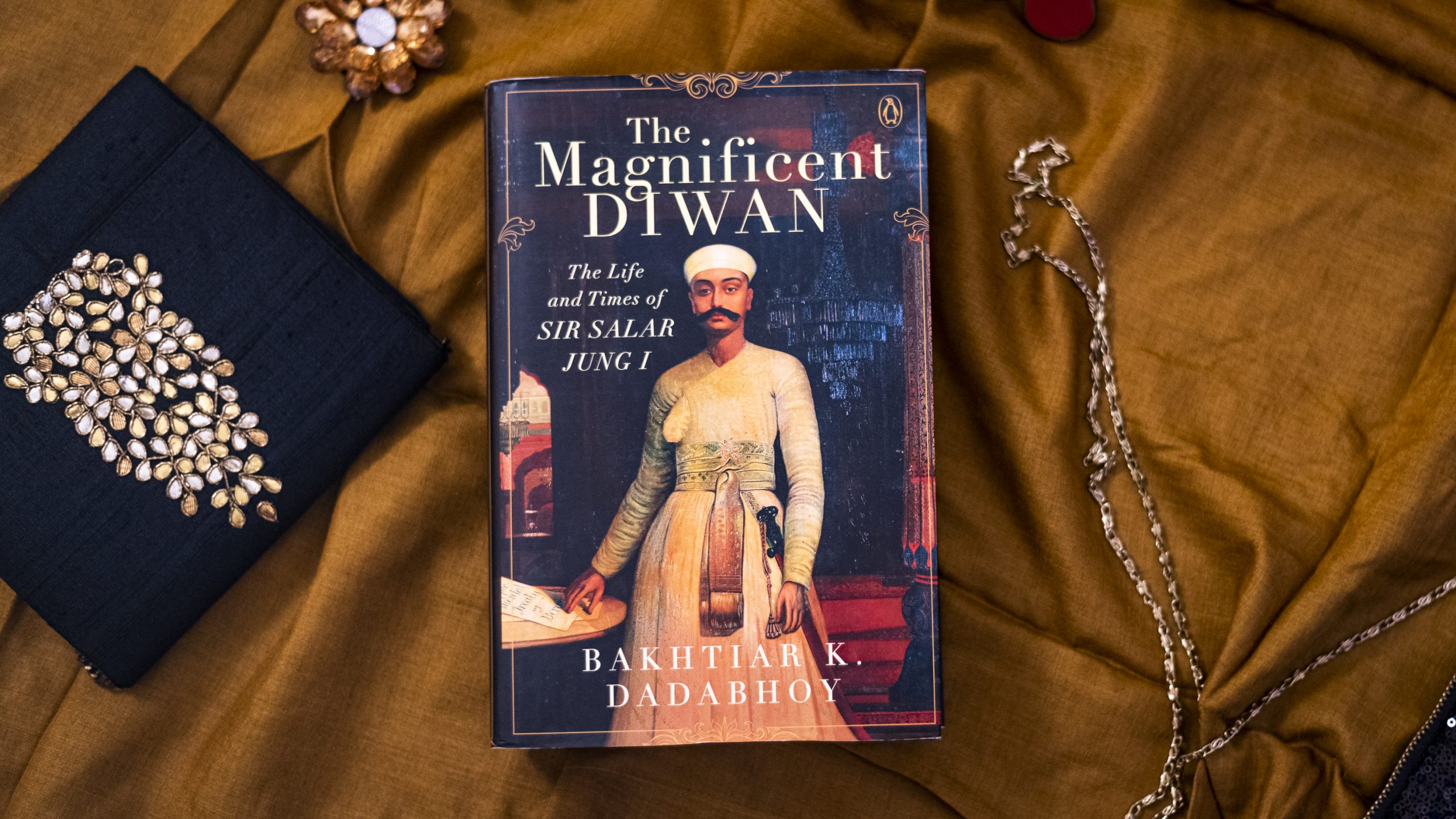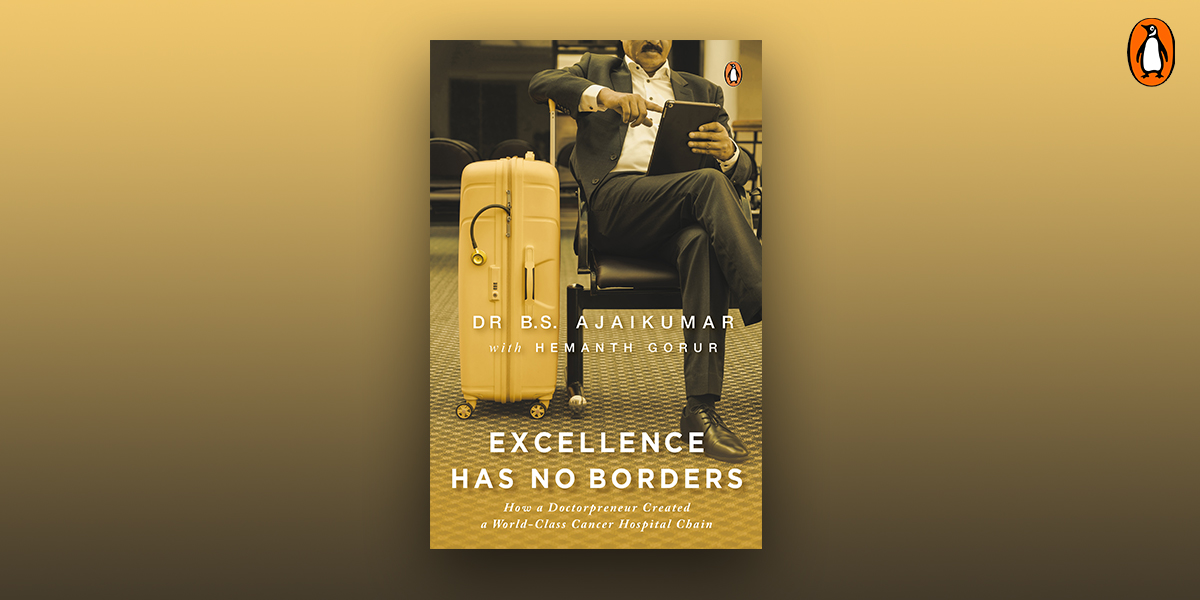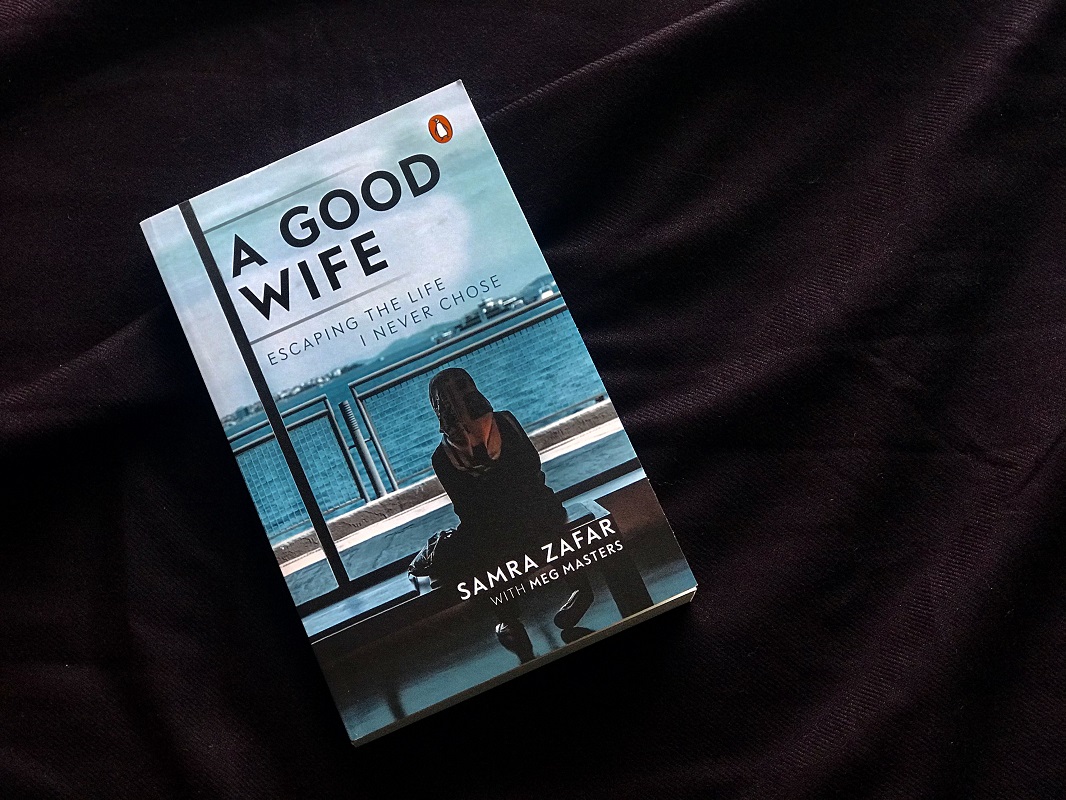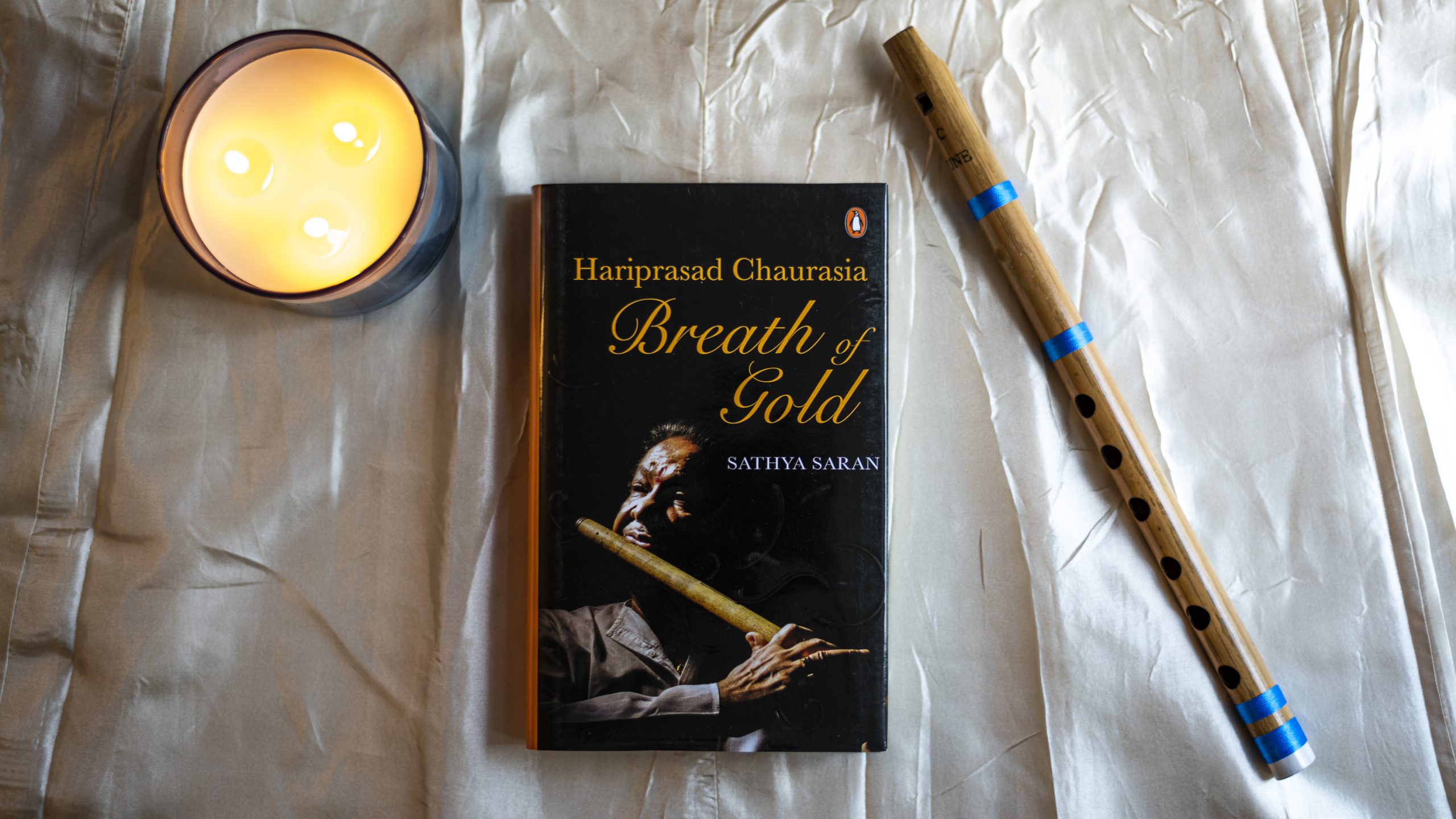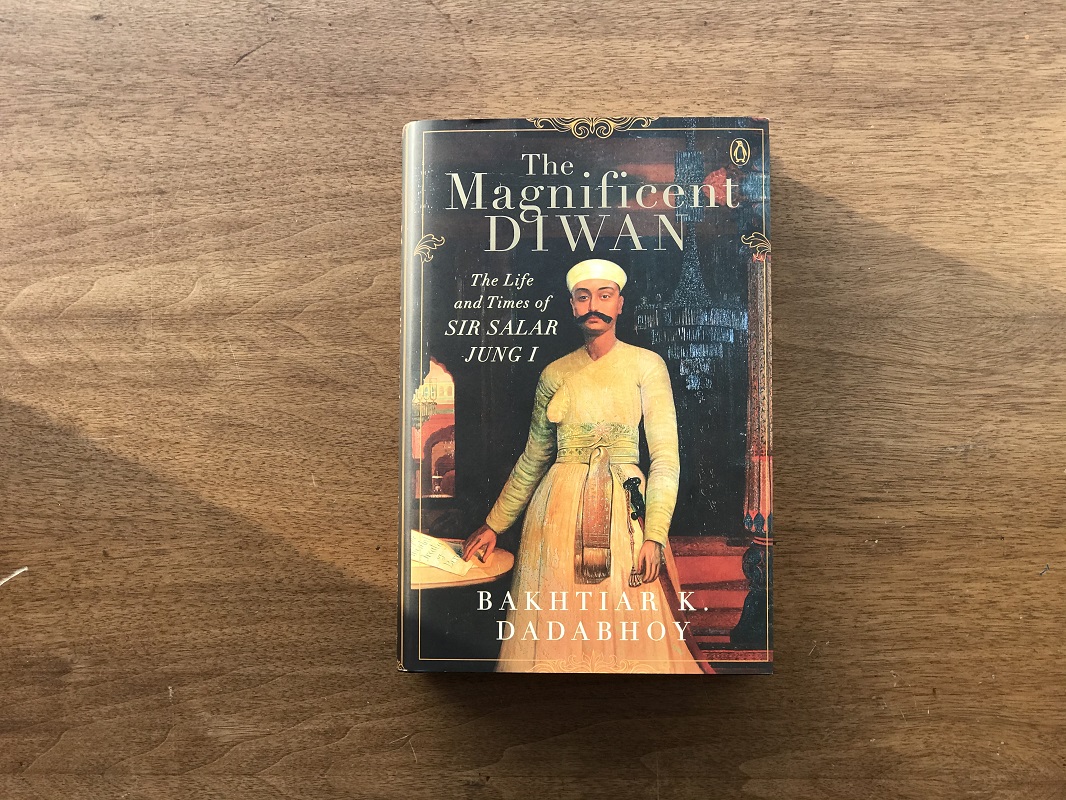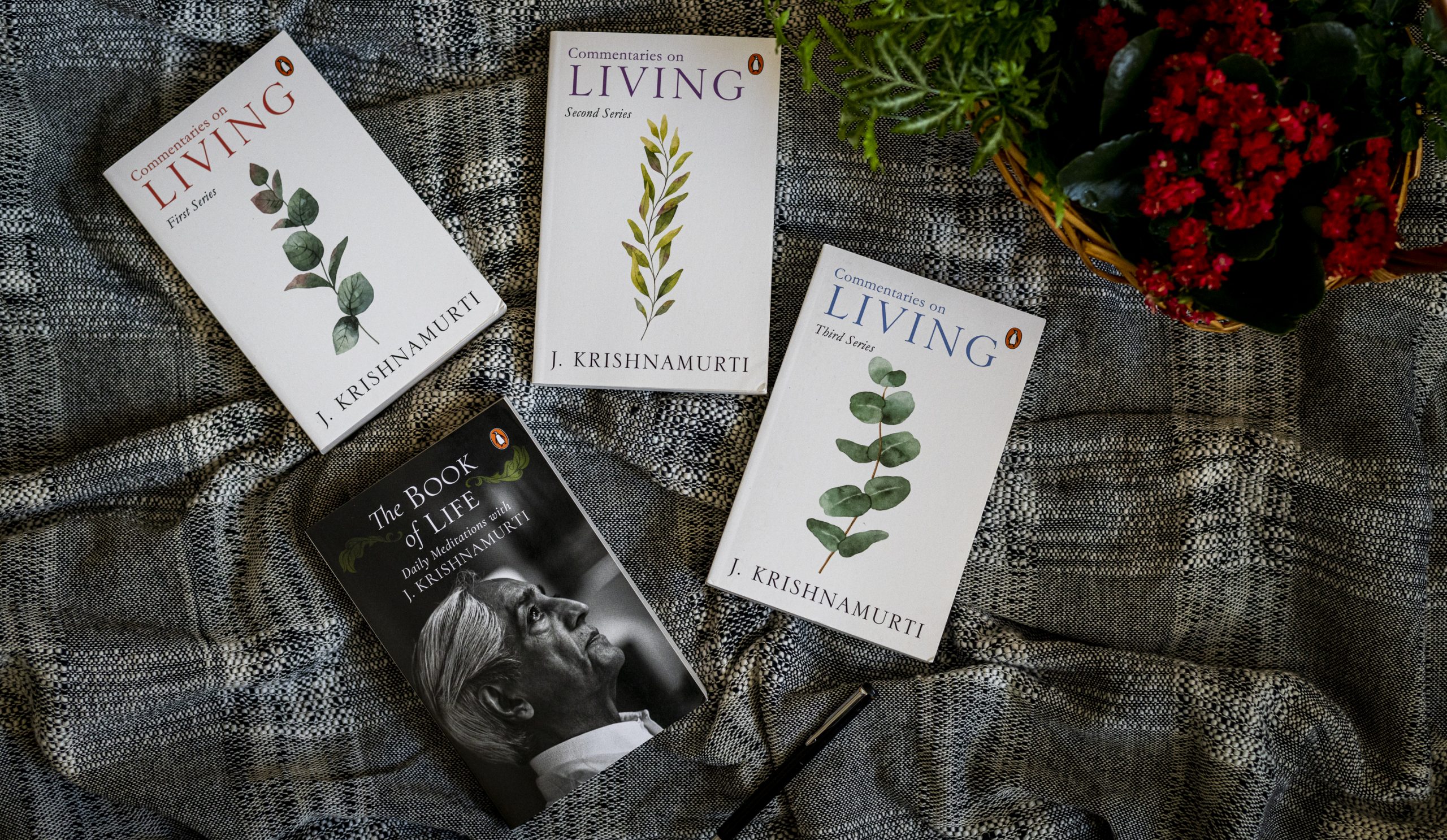What do you think Dhirubhai Ambani, Steve Jobs, Jeff Bezos, Bill Gates and Sunil Mittal have in common? They started out just like you and me—with nothing but empty wallets and strong ambition. It is indeed time for a far more unique, practical and effective approach to success. There has got to be a better way, and there certainly is.
As the first and only opportunity consultant in the world, author Richard M. Rothman presents to us a very simple and accessible answer to this question.
The answer of course is: opportunity. As How, you ask? We take a look!
Opportunity Is The Universal Starting Point
It’s the essential factor in all business and career success. Opportunities are the seeds from which all wealth grows. Regardless of where you are in life, whether you’re a businessperson, an employee earning wages, an aspiring entrepreneur, a student or a professional, your ability to capture the best opportunities will be the most crucial factor that determines your success.
*
Capture, Build And Take
All five of the aforementioned successful men captured a series of breakthrough opportunities. They built upon opportunities that others had ignored. They took opportunities that even industry insiders ignored. And, they capitalized on them.
*
Hard Work, Diligence And Persistence Are Insufficient
Hard work, diligence, persistence and a positive attitude are all very useful if you want to succeed. They’re essential, and business gurus are right to talk about them and explain how to develop them. But they’re insufficient. None of them will deliver success unless you also harness the power of opportunity.
*
Opportunities Need A Process
To leverage the immense value of opportunities, you can’t wait for opportunities to knock at your door. What if opportunity never knocks? What if you don’t hear it knocking? And what if the opportunity that does turn up isn’t right for you . . . but you take it anyway because you waited so long? Opportunity is far too important to leave to chance. It needs a process.
*
The wisdom of crowds rarely applies to opportunities
The wisdom of crowds rarely applies to opportunities any more than it does to investing. Buying a stock after everyone else has bought it rarely makes you money. The same logic applies to opportunities. You need to find opportunities yourself and turn them into the foundation of your success.
Many times, we overlook an opportunity sitting right before our eyes, whilst we’re on a quest for something bigger- it could be uncertain, but still, bigger! The Power of Opportunity helps you recognize that opportunity sitting right before you which could eventually end up becoming your ladder to success. We hope you like reading the book as much as we did! Don’t forget to tell us what you think.







